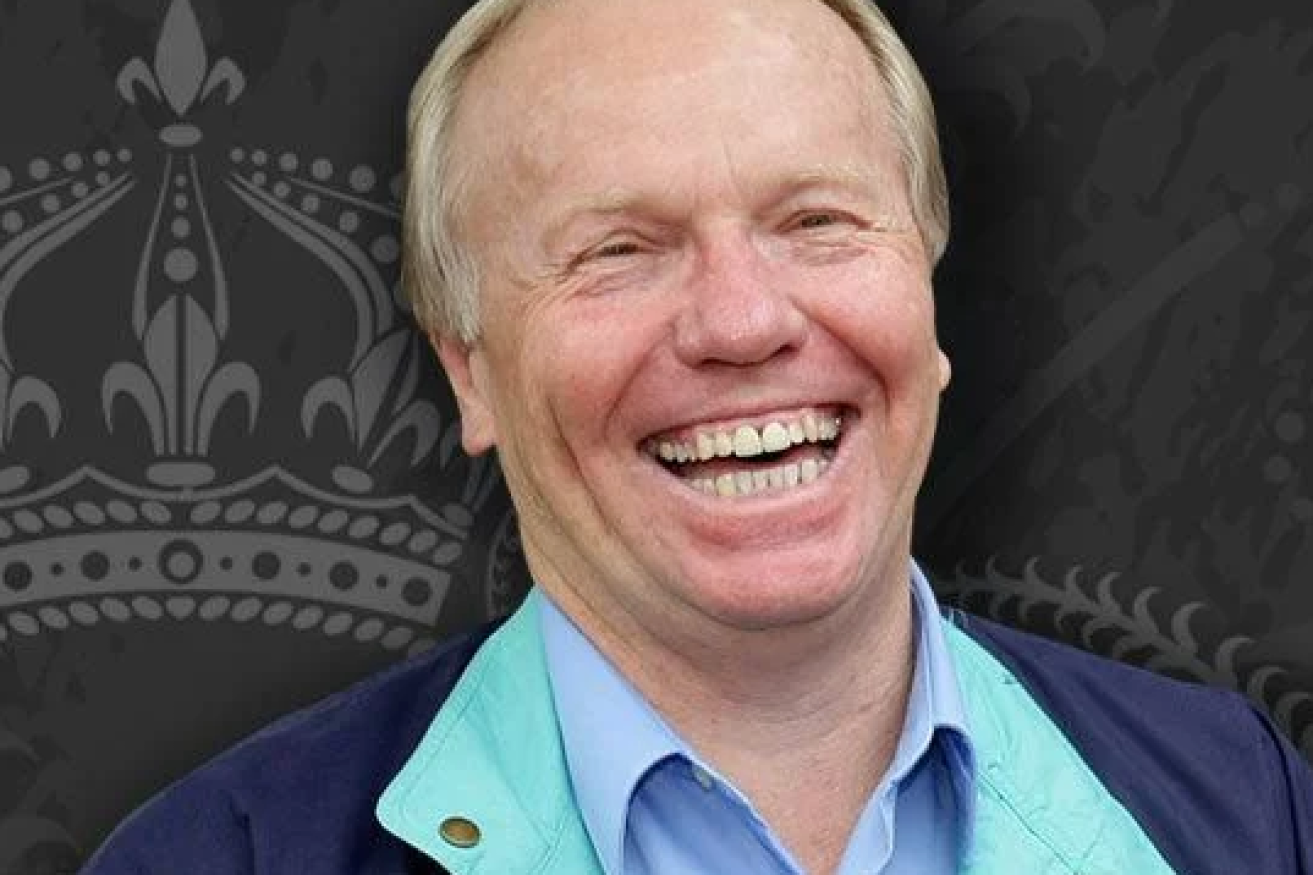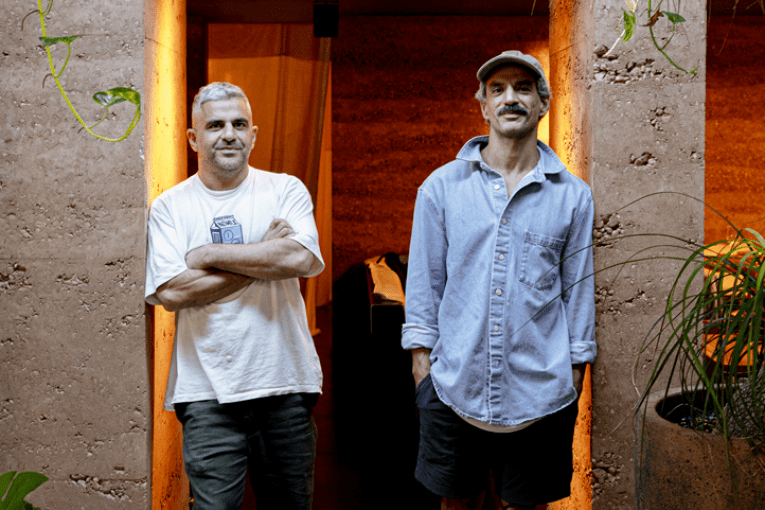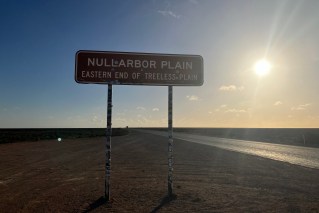15 years ago Peter Beattie imagined Queensland in 2022. How did he go?
Days before he resigned as Premier in 2007, Peter Beattie spelt out his vision for Queensland in 2022. Robert MacDonald checks the scorecard.


Former Premier Peter Beattie left the role 15 years ago amid bold predictions for Queensland's future. So, how accurate was he? (File image).
Brisbane was supposed to be Australia’s knowledge capital by 2022.
Then-Premier Peter Beattie made the prediction in a self-described “visionary speech” at the Brisbane Club in September 2007.
Was he right? No, even though the city does now have an impressive array of research facilities, such as the Queensland Brain Institute and the Queensland Bioscience Precinct at St Lucia, which houses more than 700 scientists and support staff.
But in pure dollar terms, Queensland’s research and development spending is barely half that of New South Wales and Victoria.
The most recent Australian Bureau of Statistics figures show the Queensland government and private non-profit organisations, such as medical science institutes, invested $673 million in research and development in 2018-19.
New South Wales spent $1.3 billion and Victoria nearly $1.4 billion.
Beattie also predicted that “as each year passes, we will see Australia’s cultural and finance centres of gravity move north to Brisbane”.
Was he right? Again, I’d say no. Most of the money and most of the culture are still down south, depending on how you define blockbuster movie making on the Gold Coast.
This isn’t to nitpick. It’s good to have politicians with what President George W Bush called “the vision thing”.
And this was, after all, one of Beattie’s swan-song speeches, delivered just days before he announced he was stepping down as premier after nine years in the job.
So, let’s cut a professionally bombastic politician who made “Smart State” his signature policy some slack in doing some legacy building.
With that said, what else did he get right or wrong?
Here’s one thing he got right:
“The resources boom will be in its third decade and still going strong,” Beattie told his Brisbane Club audience.
Despite the oft-declared death of coal, the mining sector remains the biggest contributor to Queensland’s economy.
Here’s another he got right:
“By 2020 we’ll have a multi-million-dollar solar energy industry.”
And here’s one he got wrong:
“Not only will Queensland be generating clean-coal technology, we will also be an exporter of clean coal technology and solar technology to the world.”
At the time, Beattie had committed the state to the ZeroGen clean coal technology project, which the new Anna Bligh-led government abandoned in 2010, after a $100 million public money had been sunk into the scheme.
Other Beattie claims remain up for debate.
Beattie predicted his government’s forced amalgamation of local governments would strengthen regional councils and support the decentralisation of the state’s economy.
Whether you agree with that depends on which council area you ended up in.
Toowoomba had to absorb nine councils into one, for better or worse. And although the Moreton Bay region probably benefited from the creation of a local government area big enough to stand out from the crowd and market on its own, in Noosa they spat the dummy and demanded to be de-amalgamated.
Here’s one development he didn’t foresee at all – the growing interest in hydrogen as an energy source. And of course, who could have predicted the disruption of Covid?
Beattie summarised his vision of Queensland in 2022 thus:
“It will be a thoroughly modern state, high tech, environmentally smart, diverse, globalised, competitive and compassionate”.
Right or wrong? I’d say we’re closer to those ideals than we were 15 years ago, but there’s still a way to go.
Of course, Beattie was putting the best possible spin on things; this was his own legacy he was burnishing after all.
But his unrelenting positivity and belief in a better tomorrow are in refreshingly sharp contrast to some of the current visions of our future 15 years from now.
Some of them are near apocalyptic, such as this opinion from the European Geosciences Union:
“If governments don’t act decisively by 2035 to fight climate change, humanity could cross a point of no return.”
Others are dystopian, or liberating, depending on your view of technology. Who knows where Mark Zuckerberg et al will have led us by then?
In the meantime, 2022 has arrived, whether we like it or not.












